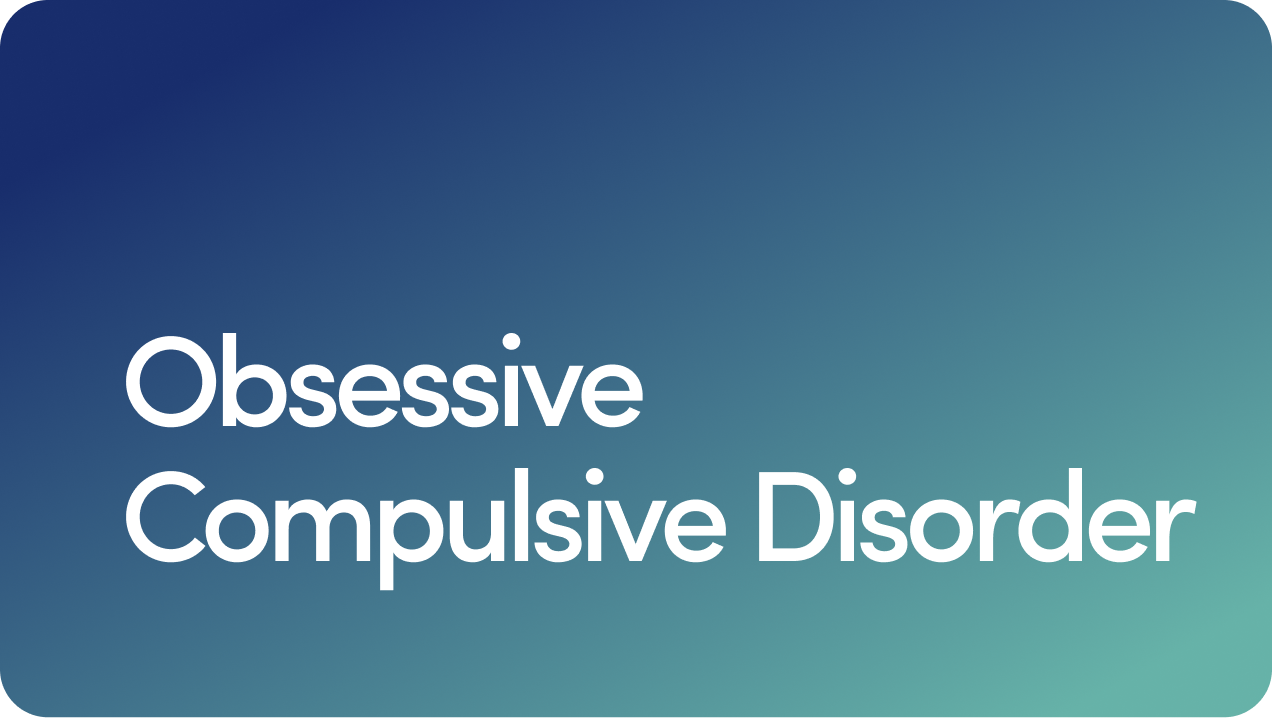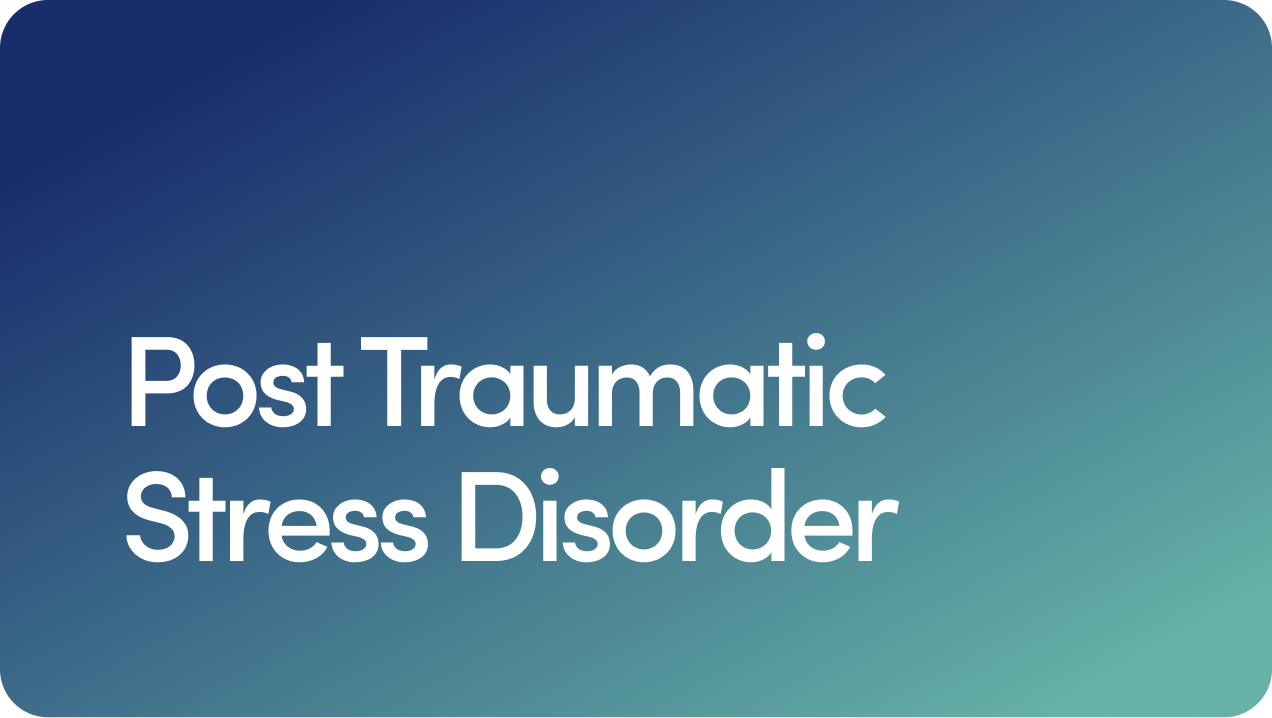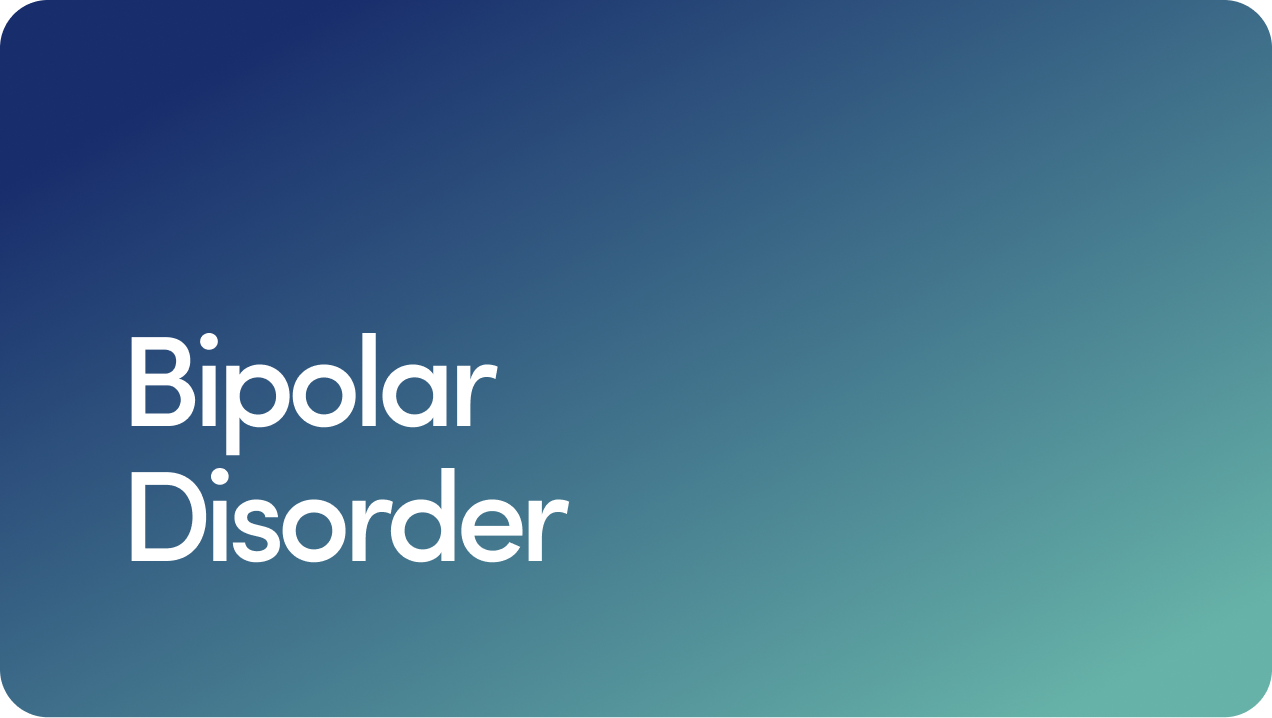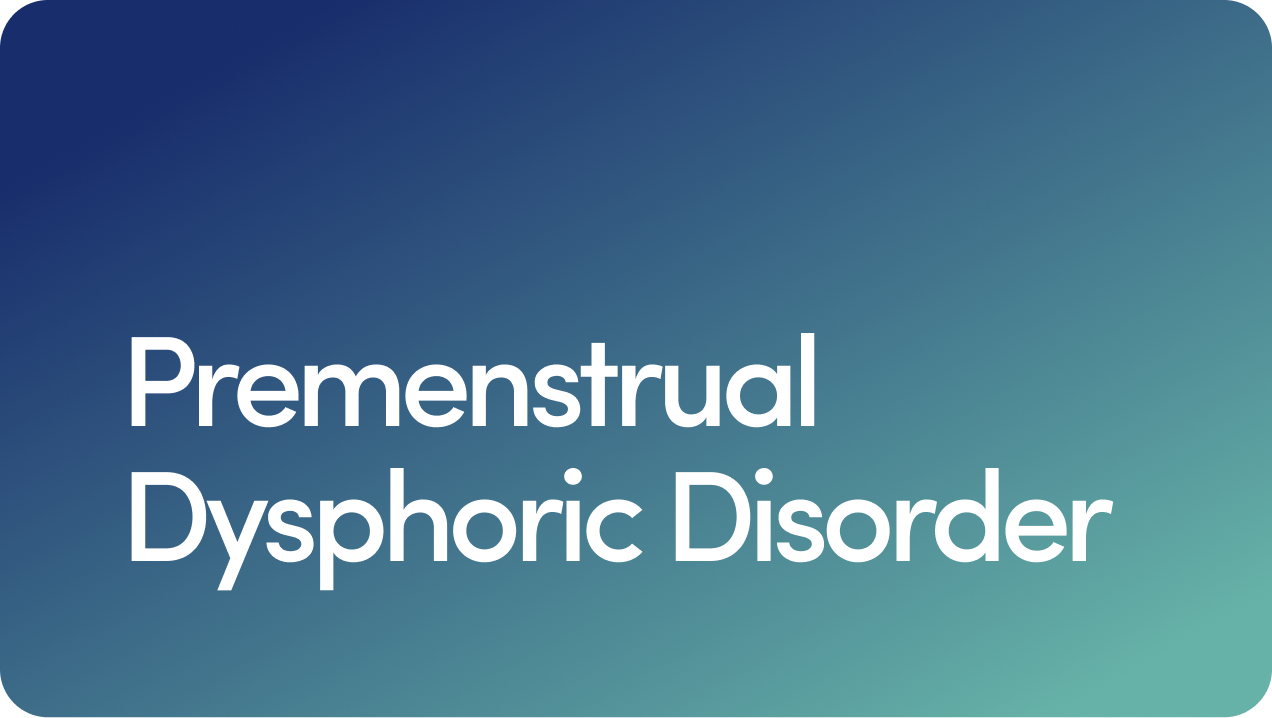Content
Free Mental Health Assessment
Can You Take Prozac and Adderall Together?

Reviewed by Daniel Z. Lieberman, MD
Written by Hadley Mendelsohn
Published 07/29/2022
Updated 09/18/2024
If you live with both attention-deficit/hyperactivity disorder (ADHD) and depression or anxiety, you might wonder if you can take ADHD medication and antidepressants at the same time.
Since Prozac® is a commonly prescribed antidepressant, and Adderall® is a common stimulant, maybe you’ve considered this specific combination. So, can you take Prozac and Adderall together? Possibly.
It’s good to understand how medications like Prozac and Adderall work together. We’re here to clear the air. Keep scrolling for insight into combining Adderall with Prozac.
Content
In some cases, a healthcare provider might recommend combining Prozac and Adderall. And while there’s an increased risk of side effects and interactions, this combination is generally considered safe when used as directed.
Still, you need to be aware of potential symptoms that could arise when using these two meds together. The key is communicating openly with your healthcare provider about your medical history, following their prescribed treatment plan, and updating them about side effects.
We’ll explore how each medication works and unpack how Prozac and Adderall can interact.
Adderall and Prozac: An Overview
Adderall and Prozac both influence neurotransmitter activity in the brain, aiming to support more balanced brain function, moods, and behaviors.
Learn about how each affects the brain ahead.
What Is Prozac?
Prozac — or fluoxetine, as it’s called in generic form — is an antidepressant in the family of selective serotonin reuptake inhibitors (SSRIs). These prescription medications help the brain stabilize moods and emotions by acting on the neurotransmitter serotonin, although the exact mechanism is unknown.
Antidepressant medications can treat a range of mental health conditions and mood disorders.
Prozac is approved by the U.S. Food and Drug Administration (FDA) to treat:
Major depressive disorder (MDD)
Obsessive-compulsive disorder (OCD)
Bulimia nervosa
Healthcare providers also sometimes prescribe it in combination with olanzapine (an antipsychotic medication) for treatment-resistant depression and bipolar disorder.
Off-label, Prozac is sometimes used to manage the symptoms of social anxiety disorder, generalized anxiety disorder (GAD), and post-traumatic stress disorder (PTSD). (Off-label use means a drug is legally prescribed to treat a condition it’s not FDA-approved for.)
Side Effects of Prozac
Like other antidepressants, Prozac can cause side effects. Let your healthcare provider know if you have any severe (or even just bothersome) side effects — or if the adverse effects don’t improve over time.
Some common side effects of Prozac include:
Abnormal dreams
Sexual dysfunction, like lower sex drive or difficulty reaching orgasm
Loss of appetite
Drowsiness and fatigue
Insomnia or altered sleep habits
Nausea or vomiting
Diarrhea or indigestion
Sweating and hot flashes
Prozac can cause another serious side effect in children, adolescents, and young adults: the potential for suicidal thoughts and behaviors. Monitor any worsening of suicidal thinking or behavior, and dial 988 for immediate support from the Suicide & Crisis Lifeline.
What Is Adderall?
Adderall, also known as mixed dextroamphetamine/amphetamine salts, is a stimulant. Stimulants are a class of drugs used to treat narcolepsy and ADHD.
Attention-deficit/hyperactivity disorder is a condition that can affect how someone focuses, controls impulses, and manages hyperactivity (constant movement or talking).
Symptoms of ADHD include:
Difficulty sitting still and excessive restlessness, like fidgeting and tapping
Overlooking or missing details that leads to making mistakes and misplacing things
Difficulty staying on task and getting organized
Interrupting often
Having a hard time waiting in lines
Finding time management challenging
Adderall treats these symptoms by stimulating the central nervous system and increasing dopamine and norepinephrine activity. These neurotransmitters help regulate stress and pleasure.
Brand-name Adderall is available in two forms: extended-release capsules (Adderall XR or ER) and immediate-release tablets. Both forms come in various dosages, ranging from 5 milligrams (mg) to 30 milligrams.
Side Effects of Adderall
Common Adderall side effects in adults include:
Dry mouth
Loss of appetite and weight loss
Insomnia
Headache
Nausea and diarrhea
Anxiety and agitation
Dizziness
Tachycardia (rapid heart rate)
Another more serious side effect of Adderall is chest pain. There’s an increased risk of adverse reactions for people with heart conditions, high blood pressure (hypertension), and other cardiovascular issues.
The prescribing label also includes a black box warning for dependence risk. In other words, Adderall can be addicting, although this is uncommon when the medication is used correctly under a doctor's guidance.
So, what happens when you take two medications together that act on your brain’s three neurotransmitters?
For many, the combination effectively treats their symptoms. Still, it’s crucial to be aware of potential risks and side effects.
Although mixing Prozac and Adderall isn’t necessarily dangerous, it may increase the likelihood of overlapping side effects such as:
Headaches
Weight loss
Decreased appetite
Nausea and diarrhea
Mood swings and irritability (despite the fact that most people who take these medications experience mood stabilization and decreased irritability)
Monitoring and managing these effects is vital, and any concerns should be discussed with a healthcare provider.
The simple answer is usually — but it’s best to talk to a medical professional about these details. If you’re prescribed both Adderall and Prozac, follow your provider’s advice on how and when to take your meds.
Prozac can be taken in the morning or evening. The first dose of short-acting Adderall is usually taken in the morning, and long-acting Adderall is taken once a day in the morning. The biggest disadvantage to taking them at different times is simply that it makes it harder to remember and more likely you’ll miss one of your doses.
Adderall generally shouldn’t be taken later in the day. As a stimulant, it could make it harder to fall asleep at night.
Given the potential side effects and drug interactions of amphetamines and Prozac, the safety of combining these meds shouldn’t be overlooked.
If you have pre-existing medical conditions or are prone to nausea, headaches, and other common issues, consult a healthcare professional. They can help determine if combining these medications is appropriate for your unique needs and health status.
While it’s a good idea to talk about potential side effects with your healthcare provider, this doesn’t mean the medications can’t be taken together.
Research on the Safety of Combining Prozac With Adderall
Studies in kids and adolescents have shown that antidepressants, including fluoxetine, can be combined with stimulants safely without serious adverse effects in many cases.
These studies (and another that surveyed undergraduate students) indicate that the dynamic duo formed by antidepressant drugs and ADHD medications can lead to significant improvements in mood, behavior, and academic performance.
Ongoing research is needed to fully understand the long-term effects. But current evidence suggests that the benefits of using these medications together can outweigh the potential risks — provided your healthcare provider supports this approach.
The current research also highlights the need for better education on the proper use of these medications. Taking both meds without medical guidance isn’t wise.
Prozac and Adderall Interactions: Serotonin Syndrome
Any time you’re taking multiple medications, you should know about the potential drug interactions. Some prescription drugs don’t affect each other when combined, but others may not work as well or cause unexpected, potentially dangerous side effects.
So, can the drug interactions between Prozac and Adderall be harmful?
If used with medications that increase serotonin activity, Prozac could cause a potentially life-threatening drug interaction called serotonin syndrome. This can happen when serotonin levels rise beyond a safe level.
Symptoms of serotonin syndrome can include:
Shivering
Elevated blood pressure
Heart palpitations (irregular heartbeat)
Muscle jerking
Severe cases of serotonin syndrome may cause renal failure, blood clots, coma, heart attack, or even death.
Medications and over-the-counter supplements that may interact with Prozac and increase the risk of serotonin syndrome include:
Amphetamines (including Adderall)
Tricyclic antidepressants (TCAs)
Monoamine oxidase inhibitors (MAOIs)
Other SSRIs and antidepressants
Fentanyl, tramadol, and other opioid pain medications
Anxiety medications, such as buspirone (Buspar®)
St. John’s wort
Definitely let your healthcare provider know if you’re taking any of these other meds or supplements.
All medications carry a risk of side effects, and all of the stimulant medications used to treat ADHD carry a small risk of serotonin syndrome when combined with Prozac or other SSRIs. But if you want to explore alternative options, you might ask your healthcare provider about the following medications.
Other stimulant medications for treating ADHD include:
Lisdexamfetamine (Vyvanse®)
Methylphenidate (Ritalin®)
Dexmethylphenidate (Focalin®)
Atomoxetine (Strattera®) and viloxazine (Qelbree®) are non-stimulant meds approved for ADHD treatment.
Alternatives to Prozac include other SSRIs, like:
Citalopram (Celexa®)
Escitalopram (Lexapro®)
Sertraline (Zoloft®)
Bupropion (Wellbutrin®) is another alternative treatment primarily used for depression. It’s considered an atypical antidepressant and acts on dopamine and norepinephrine in the brain. It’s sometimes prescribed off-label for ADHD, but it’s usually not as effective as the FDA-approved options.
Talk therapy can be really beneficial for folks with many mental health conditions, including anxiety disorders, depression, and ADHD. It can be effective alone and in conjunction with medication. A therapist can teach you new ways to cope while identifying and improving harmful behavioral and lifestyle patterns.
Mental health is complex and having overlapping symptoms of depression or anxiety and ADHD isn’t uncommon.
The good news is that these conditions can be managed with therapy and medication. So what’s the verdict on this drug combination? It’s usually worthwhile, but only under the supervision of a medical provider.
Here’s what to keep in mind about taking Adderall and Prozac together:
Adderall is a stimulant that acts on dopamine and norepinephrine to treat ADHD, while Prozac is an SSRI that acts on serotonin to treat some anxiety disorders and depression.
These medications have some overlapping side effects, like headaches, weight loss, decreased appetite, nausea, diarrhea, and irritability. They can also cause a drug interaction that increases the risk of serotonin syndrome.
It’s important to talk to your healthcare provider about your medical history, current medications, and any side effects you experience.
If you’re dealing with co-occurring ADHD and depression, it’s possible to safely manage both with medications like Prozac and Adderall. But getting personalized medical advice and a treatment plan from your healthcare provider is always best.
You can discuss your mental health needs and questions with a licensed mental health professional through our online psychiatry platform and find out if medication might be the right treatment option.
This article is for informational purposes only and does not constitute medical advice. The information contained herein is not a substitute for and should never be relied upon for professional medical advice. Always talk to your doctor about the risks and benefits of any treatment. Learn more about our editorial standards here.
14 Sources
- ADDERALL XR® (mixed salts of a single-entity amphetamine product) dextroamphetamine sulfate, dextroamphetamine saccharate, amphetamine aspartate monohydrate, amphetamine sulfate capsules, CII. (2001). https://www.accessdata.fda.gov/drugsatfda_docs/label/2013/021303s026lbl.pdf
- Adderall® CII (Dextroamphetamine Saccharate, Amphetamine Aspartate, Dextroamphetamine Sulfate and Amphetamine Sulfate Tablets). (2017). https://www.accessdata.fda.gov/drugsatfda_docs/label/2017/011522s043lbl.pdf
- Delong CL, et al. (2023). Box warning. https://www.ncbi.nlm.nih.gov/books/NBK538521/
- Hueker MA, et al. (2023). Bupropion. https://www.ncbi.nlm.nih.gov/books/NBK470212/
- Liu WE, et al. (2022). Can fluoxetine combined with cognitive behavioral therapy reduce the suicide and non-suicidal self-injury incidence and recurrence rate in depressed adolescents compared with fluoxetine alone? A meta-analysis. https://www.ncbi.nlm.nih.gov/pmc/articles/PMC9637350/
- National Institute of Mental Health (NIMH). (2023). Attention-deficit/hyperactivity disorder. https://www.nimh.nih.gov/health/topics/attention-deficit-hyperactivity-disorder-adhd
- National Institute of Mental Health (NIMH). (2024). Psychotherapies. https://www.nimh.nih.gov/health/topics/psychotherapies
- PROZAC- fluoxetine hydrochloride capsule. (1987). https://www.accessdata.fda.gov/spl/data/a99ea01f-e367-47b8-b25c-8f554314c534/a99ea01f-e367-47b8-b25c-8f554314c534.xml
- Simon LE, et al. (2024). Serotonin syndrome. https://www.ncbi.nlm.nih.gov/books/NBK482377/
- Shoar NA, et al. (2023). Dextroamphetamine-amphetamine. https://www.ncbi.nlm.nih.gov/books/NBK507808/
- Sohel AH, et al.. (2024). Fluoxetine. https://www.ncbi.nlm.nih.gov/books/NBK459223/
- Turgay AT, et al. (2006). Major depression with ADHD. https://www.ncbi.nlm.nih.gov/pmc/articles/PMC2990565/
- Vo KI, et al. (2015). Concurrent use of amphetamine stimulants and antidepressants by undergraduate students. https://www.ncbi.nlm.nih.gov/pmc/articles/PMC4309786/
- WELLBUTRIN® (bupropion hydrochloride) Tablets. (2009). https://www.accessdata.fda.gov/drugsatfda_docs/label/2009/018644s039s040.pdf
Editorial Standards
Hims & Hers has strict sourcing guidelines to ensure our content is accurate and current. We rely on peer-reviewed studies, academic research institutions, and medical associations. We strive to use primary sources and refrain from using tertiary references. See a mistake? Let us know at [email protected]!
This article is for informational purposes only and does not constitute medical advice. The information contained herein is not a substitute for and should never be relied upon for professional medical advice. Always talk to your doctor about the risks and benefits of any treatment. Learn more about our editorial standards here.
Daniel Z. Lieberman, MD
Education
Doctor of Medicine - New York University Grossman School of Medicine, 1992
Bachelor of Arts - St. John’s College, 1985
Training
Internship & Residency - New York University Grossman School of Medicine, 1996
Medical Licenses
District of Columbia, 1996
Maryland, 2022
Virginia, 2022
Board Certifications
American Board of Psychiatry and Neurology, Psychiatry, 1997
American Board of Psychiatry and Neurology, Addiction Psychiatry, 1998
Other Certificates & Certifications
Stanford Online, AI in Healthcare Specialization Certificate, 2025
Stanford Online, Machine Learning Specialization Certificate, 2024
Affiliations & Memberships
Specialties & Areas of Focus
Mental Health
Years of Experience
33
Previous Work Experience
Professor and Vice Chair - Department of Psychiatry and Behavioral Sciences, George Washington University, 1996–2022
Publications & Research
Title: A neurotransmitter approach to the trolley problem
Published in: OBM Neurobiology
Date: 2019
URL: https://www.lidsen.com/journals/neurobiology/neurobiology-03-02-030
Title: An automated internet application to help patients with bipolar disorder track social rhythm stabilization
Published in: Psychiatric Services
Date: 2011
URL: https://psychiatryonline.org/doi/10.1176/ps.62.11.pss6211_1267
Title: Enhancing adherence to mood charting with an online version of the NIMH Life Chart
Published in: Annals of General Psychiatry
Date: 2010
URL: https://annals-general-psychiatry.biomedcentral.com/articles/10.1186/1744-859X-9-S1-S11
Title: The role of gender in single versus married patients with bipolar disorder
Published in: Comprehensive Psychiatry
Date: 2010
URL: https://www.sciencedirect.com/science/article/abs/pii/S0010440X0900128X
Title: Evaluation of the stability and validity of participant samples recruited over the Internet
Published in: CyberPsychology and Behavior
Date: 2008
Title: Pathways to change: The effect of a Web application on treatment interest
Published in: The American Journal on Addictions
Date: 2008
URL: https://onlinelibrary.wiley.com/doi/10.1080/10550490802138525
Media Mentions & Features
Washington Post, Why do passengers freak out on airplanes? Science might have the answer.
Associated Press, MillerCoors Tapping Into Millenials
The Washington Post, Holiday drinking can be hard on your health, but you can take precautions
Le Figaro (France), Daniel Z. Lieberman: «La dopamine nous pousse à acheter en nous promettant le bonheur» (Daniel Z. Lieberman: “Dopamine drives us to buy by promising us happiness”)
Men’s Health (Spain), Cómo la dopamina influye en nuestro cerebro y determina nuestra vida (How dopamine influences our brain and determines our lives).
CNBC, The psychological reason it’s so hard to work today after the riot — and how to cope
Business Insider, The reason why we self-sabotage is because our brains are wired to resist the things we want most in life
U.S. News & World Report, How Your Secrets Can Damage and Maybe Even Kill You
Why I Practice Medicine
I practice medicine because I believe that mental health is the foundation of a meaningful life. When people suffer psychologically, it touches every part of their existence—from relationships to work to the simple ability to feel joy. Because it can be so difficult for people who are suffering to find good mental health care, my mission has been to expand access through technology, so that no one is left behind.
Hobbies & Interests
I like to write in my spare time. I’ve written two nonfiction titles, Spellbound: Modern Science, Ancient Magic, and the Hidden Potential of the Unconscious Mind and the international bestseller, The Molecule of More: How a Single Chemical in Your Brain Drives Love, Sex, and Creativity--and Will Determine the Fate of the Human Race
Professional Website or Profile
danielzlieberman.com
Related Conditions
 Anxiety
Anxiety
 Depression
Depression
 OCD
OCD
 PTSD
PTSD
 Bipolar Disorder
Bipolar Disorder
 Premenstrual Dysphoric Disorder
Premenstrual Dysphoric Disorder